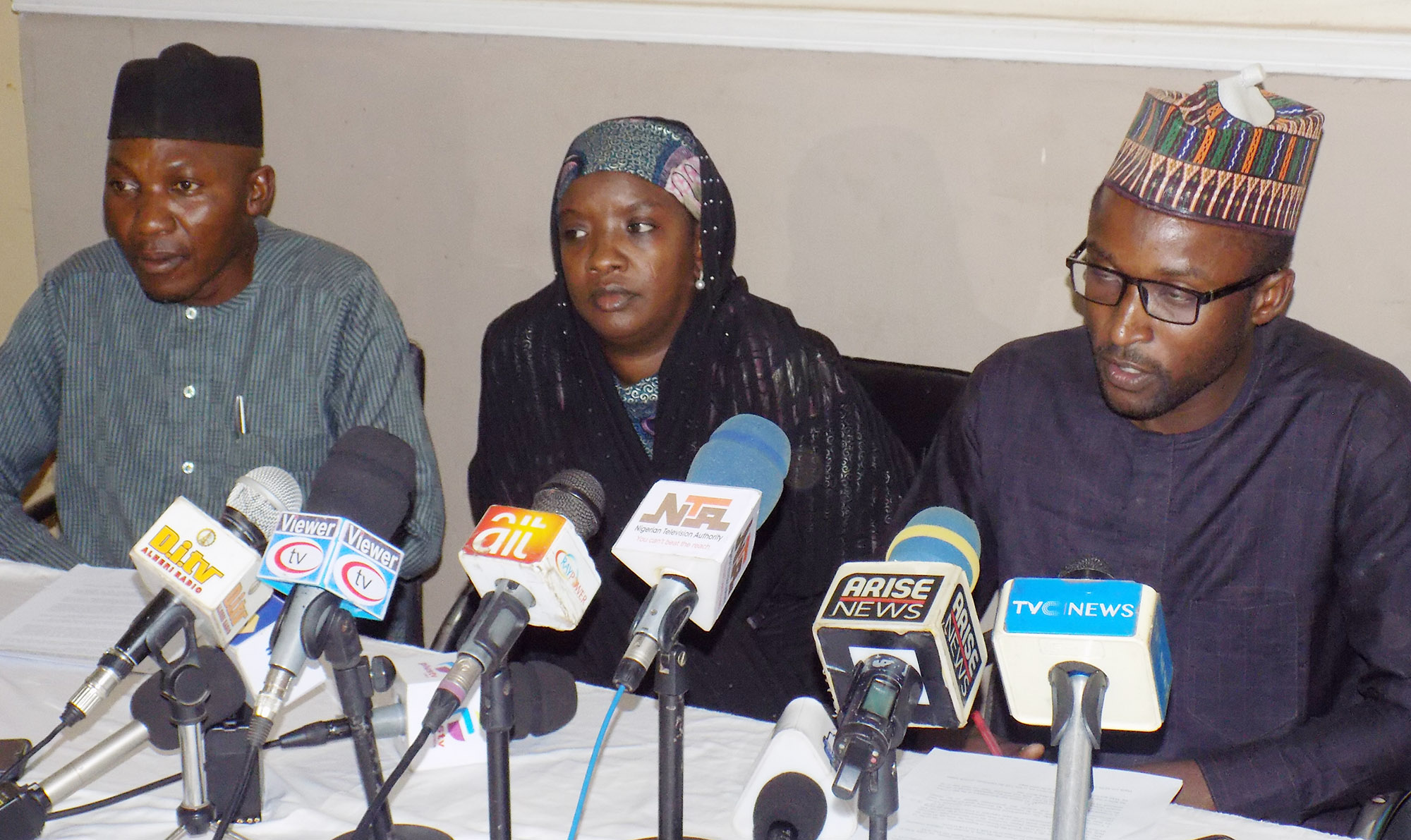Nation
Kaduna Peace Commission Trains Locals On Conflict Early Warning, Response

As part of its deliberate efforts to minimise violent conflict and sustain a peaceful atmosphere in the State, the Kaduna State Peace Commission, has trained local government peace committees and community peace groups on conflict, early warning and early response systems.
The Commission with support from United Nations Development Programme (UNDP), United Nations (UN) Women under the UN Peace Building Fund project organised the training to strengthen the participants’ capacity to report incidents that may escalate to violent conflict, popularise the use of Conflict early warning, early response system of the Commission and promote a more coordinated approach to peacebuilding and conflict resolution.
Speaking on the sideline of the Zonal training in Zaria, Weekend, Permanent Commissioner, Kaduna State Peace Commission and Vocal Person for the Component II of the project, Barr Rebecca Sako-John, said those trained were members of security agencies, civil society, youth groups, religious and traditional institutions.
“The first training for the central zone was held in Kaduna Tuesday, May 16 with participants drawn from Kajuru, Chikun and Igabi local government areas’ peace committees, security agencies, CSOs, youth groups, religious and traditional institutions.
“Today, we are in Zaria at NAERLS Suits and Conference Centre for the Northern zone comprising Zaria, Giwa and Sabon Gari LGAS and we will be going to the southern zone soon for the same training.
“We have five sessions which include the Legal and Policy Framework on peacebuilding and conflict resolution including human rights framework, the role and responsibility of LGA Peace Committees, Understanding conflict, its types, causes and effects and understanding conflict early warning early response systems.
“If you are opportune to hear the participants at the training, they unanimously called for the creation of more spaces for women’s participation in early warning and peace-building initiatives which is very important because women and children suffer more in any violent conflict.
“They also appealed for more seminars and training sessions to build their skills at ensuring early warning for early response. This is also important because you cannot give what you don’t have.
“They further saw the need for additional sensitisation for larger citizens at ward and community levels on the existence of the LGA peace committees for them to key into it which they have taken upon themselves and that is one of the important outcomes of training the trainers’ projects like this.
“Another important recommendation from that training was for both the law enforcement agencies and the judiciary to work hard not to jeopardise the efforts of citizens at reporting crimes because people will naturally feel discouraged when law enforcers free criminals that people caught in the very act”, she said.
In May 2017, Law No. 4/2017, which is referred to as the Peace Commission Law of Kaduna State of Nigeria, officially established the Kaduna State Peace Commission to ensure the monitoring, mitigation and prevention of conflicts with the view to promoting peaceful and harmonious co-existence in the State.
Nation
Firefighters battle New Year Day inferno in Abuja, several states

Nation
Enugu North LG chairman presents ?10.8bn 2026 Budget, prioritises roads …Security, Healthcare, Human Capital Development

Nation
Christians Convert To Islam or die As ISWAP burns down Christian village


